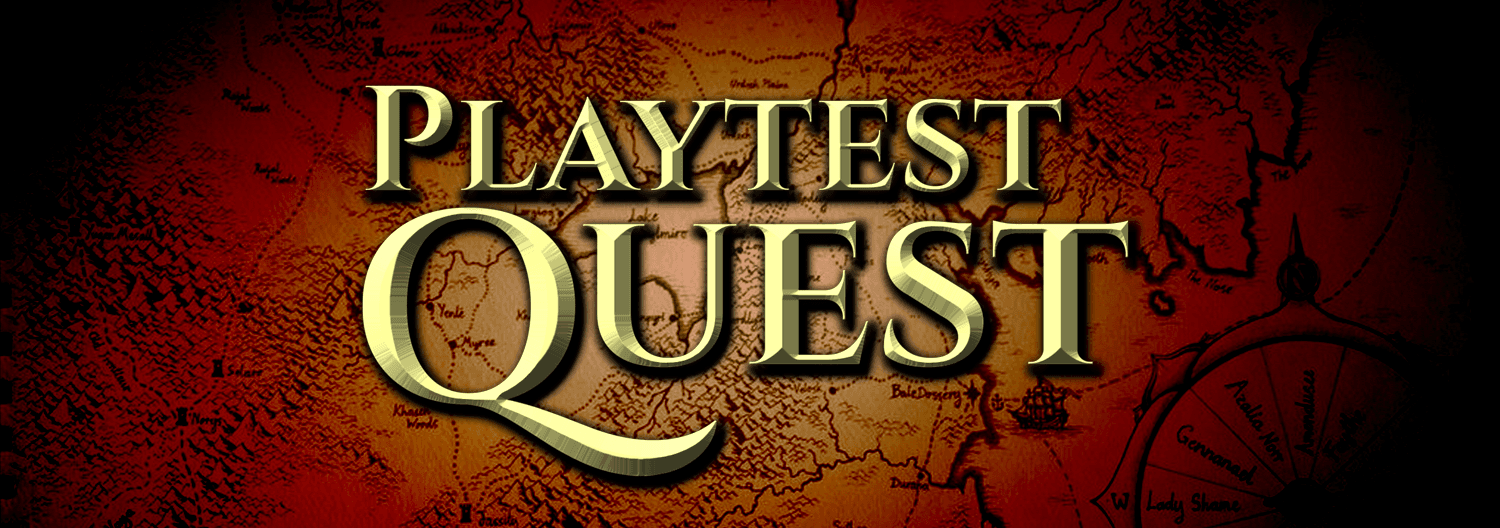Playtest Quest V: The Testing Grounds
Session time: 2 hours
Once you have your expanded card pool, you’re ready to do another solo playtest. Playtest the game with your newly created decks, focusing on:
- Balance: Are any cards or combinations overpowered or underpowered?
- Gameplay Flow: Do the mechanics work smoothly together? Are there any confusing or cumbersome rules?
- Player Experience: Are the games enjoyable? Do you think players understand the mechanics?
Take notes during your playtest. What parts of the game were the most fun? This could be specific mechanics, interactions, or moments during gameplay. Focus on the fun aspects and look for ways to increase those in future games.
Here’s a simple system for capturing playtests and noting changes.
Notation Framework
What worked? Or what didn’t work?
- Strengths: What aspects of the game were the most enjoyable? This could be specific mechanics, interactions, or moments during gameplay.
- Weakness: Identify aspects or interactions that didn’t work in the game. Or anything that was extraneous or confusing.
Proposed Changes
How might you update your game based on the strength or weakness? Consider both minor tweaks and more significant adjustments.
Anticipated Impact
How do you think these changes will affect the game as a whole? Make a hypothesis about the potential ripple effects and how it will improve gameplay.
Examples
Here is an example of a strength and a weakness to give you an idea how to use the framework.
Weakness #1
The Bear faction’s abilities were too powerful, overshadowing other animals.
Proposed Change: Nerf the bite mechanic and increase the cost of each bear
Anticipated Impact: This should make the Bears more fair. The bite will mechanic should destroy less units
Strength #1
Ghost Mechanic. It was a lot of fun to get a weaker version of animals when they were destroyed. It made the game more interactive and removal was mitigated.
Proposed Change: Now that removal is weaker, I think I may remove those cards all together
Anticipated Impact: The game will be simpler and I can introduce other mechanics than unit removal. I do wonder if this will increase board stalls.
Play, Analyze, Repeat
It’s natural to make on the fly changes during playtesting. You don’t have to take notes the entire time (Although it can be helpful for tricky problems). But before you wrap up, take a few minutes to use the notation framework to remember what you were working on and where you’ll go next.
By following this framework, you’ll develop a structured approach to iterating on your game. Each playtesting session will bring you closer to a polished final product.
It’s up to you on where to go from here.
If your game has major issues at this point, consider moving the ruleset toward more established patterns. Then repeat this session. Remember, the goal is to finish. So avoid repeating this session with novel rulesets over and over again.
If the issues are minor, move on to the next session.
That’s it for this session. Take a break and decide when you’ll pick it up again.

